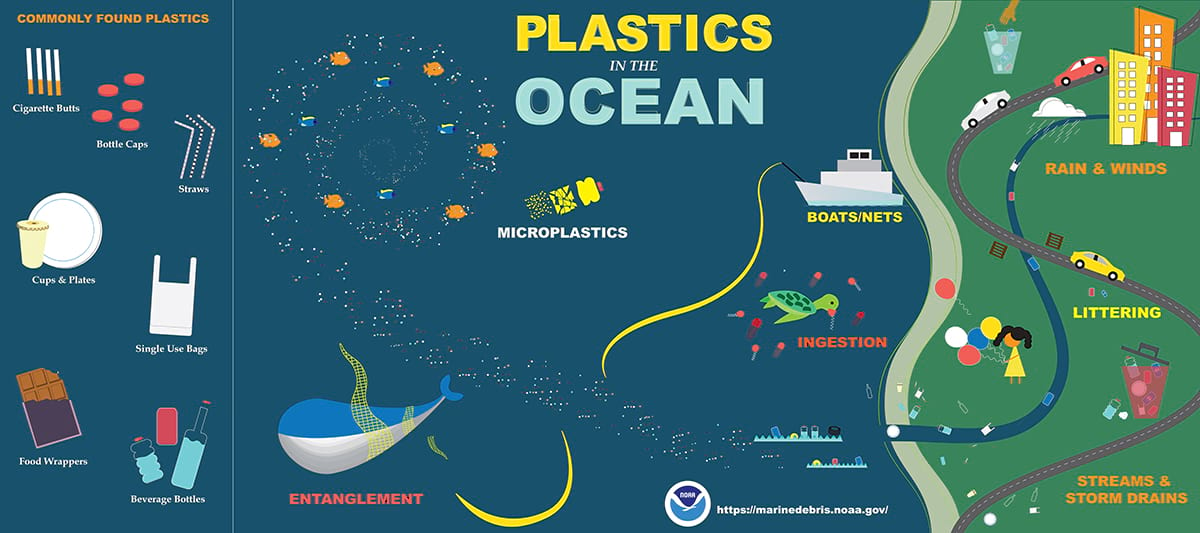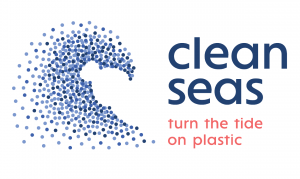 ”The sea, once it casts it’s spell, holds one in its net of wonder forever.”
”The sea, once it casts it’s spell, holds one in its net of wonder forever.”
-Jacques Cousteau-
Field Trips & Programs
How BIG is the Ocean
How do Ocean Currents Work
How Whales Change Climate Change
Ocean Acidification
Over Fishing-Tragedy of the Commons
Will the Ocean Ever Run Out of Fish?
What if there were NO Sharks?
Sustainable Fishing
My Wish-Protect the Ocean
Sylivia Earle
One Breath
Movie Link and Resource Guide
Full film available through Netflix and Google Play
A PLASTIC OCEAN begins when journalist Craig Leeson, searching for the elusive blue whale, discovers plastic waste in what should be pristine ocean. In this adventure documentary, Craig teams up with free diver Tanya Streeter and an international team of scientists and researchers, and they travel to twenty locations around the world over the next four years to explore the fragile state of our oceans, uncover alarming truths about plastic pollution, and reveal working solutions that can be put into immediate effect.
The Octopus Teachers
Full film available through Netflix and Google Play
The film shows how, in 2010, Foster began free-diving in a cold underwater kelp forest at the tip of South Africa. He started to film his experiences and, in time, a curious young octopus captured his attention. By visiting her den and tracking her movements every day for months, he won the animal’s trust. In the film, Foster describes the impact on his life of his relationship with the octopus.
Foster then describes the effect of his experience with the octopus on his relationship with his son, and his son’s development as a diver and student of marine life. The film exposes the intimate connection of nature and humans and how we are all part of this world together. Gives a feeling of optimism and hope in a time when we are bombarded with “doom and gloom”.
Ocean Plastics Unit- Isfeld
In the Spring of 2019, all of Mark R. Isfeld Secondary Grade 9 students participated in a Ocean Plastics unit in all their subject areas and took a field trip to Deep Bay Marine Field Station.
Tracy Richards, Isfelds’ Teacher Librarian, has compiled a list on online video and resources to help support further lessons on ocean debris.
 National Oceanic Atmospheric Administration
National Oceanic Atmospheric Administration
The NOAA Education Portal is your one-stop shop to connect with learning and teaching resources about the ocean and atmosphere. Discover curricula, lesson plans, and real-time data to bring NOAA science into your classroom. Explore opportunities for educators and students of all levels. Apply for competitive funding for education projects.
Clean Seas
UN Environment launched Clean Seas (#CleanSeas on social media) in February 2017, with the aim of engaging governments, the general public and the private sector in the fight against marine plastic pollution. Over the next five years, we will address the root-cause of marine litter by targeting the production and consumption of non-recoverable and single-use plastic.
Click the link to go straight to their resource room full of excellent classroom lessons. Available in French and English.
This school year, Surfrider Vancouver Island, is urging schools and their communities around the world to take part in the Back to School Plastic Challenge. Go to the Clean Seas website to download ideas. Our campaign is ongoing, and the deadlines given by Clean Seas only refers to their competition, not the Single-use Plastic Free Schools certification.
- Fantastic links to up-to-date resources
- Download the education pack and use it with your students.
- Work with the school administration to see how your school can reduce its plastic footprint.
- Participate in a beach clean-up together with your students.
.jpg)

Teacher Guide and Class Sets
Recommended Age: Grade 8
Each book in ISSUES 21 is built upon an inquiry framework with three main components: an essential question, a sequence of instruction that provides modeling, mentoring, and monitoring; and a culminating writing activity. Students are introduced to the topic via an open-ended inquiry question. Students are challenged to investigate, analyze, and demonstrate knowledge of the real-world issues.
NOTE: all ISSUES 21 resources are booked through the LRC
CaNOE, the Canadian Network for Ocean Education, is a network for the advancement of ocean literacy in Canada.
CaNOE provides a platform for learning, dialogue and communication about ocean literacy in Canada. By bringing educators and scientists together, we hope to create momentum that will increase regional and national understanding of the value of our ocean now and for the future. CaNOE can help Canada keep up with international interests and obligations, and we can help transform education in Canada to include the ocean: the dominant feature of our planet and our life support system.
NEW! Five organizations have teamed up with the Government of Canada to provide teachers with a new education kit to help teach students about plastic pollution and how it affects our environment. The kit is equipped with a teacher guide book, student workbooks, unit plan and provincial curriculum links. Comes in both French and English from grades 2-11.
Free for educators, that makes learning about plastic pollution hands-on, fun and accessible to all learners! The resources are created by teachers, for teachers. All the resources you need to teach a quality lesson, including a detailed lesson plan, BC curriculum connections, presentation slides and educational videos!
Differentiated K-12 lesson plans we currently offer:
1) *NEW – From the Streets: freshwater plastic pollution
2) Ocean Trash Talk:ocean plastic pollution (available in French and English)









